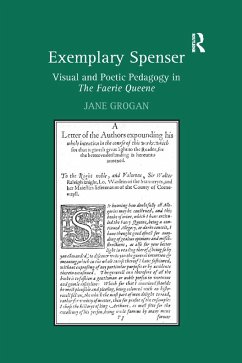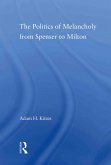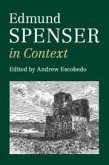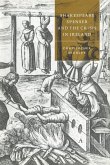Exemplary Spenser analyses the didactic poetics of The Faerie Queene, renewing attention to its avowed attempt to "fashion a gentleman or noble person in vertuous and gentle discipline" and examining how Spenser mobilises his pedagogic concerns through the reading experience of the poem. Grogan's investigation shows how Spenser transacts the public life of the nation heuristically, prompting a reflective reading experience that compels engagement with other readers, other texts and other political communities. Negotiating between competing pedagogical traditions, she shows how Spenser's epic challenges the more conservative prevailing impulses of humanist pedagogy to espouse a radical didacticism capable of inventing a more active and responsible reader. To this end, Grogan examines a wide variety of Spenser's techniques and sources, including Philip Sidney's Defence of Poesy and the powerful visually-couched epistemological paradigms of early modern culture, ekphrasis among them. Importantly, Grogan examines how Spenser's didactic poetics was crucially shaped by readings of the Greek historian Xenophon's Cyropaedia, a text and influence previously overlooked by critics. Grogan concludes by reading the last book of The Faerie Queene, the Legend of Courtesy, as an attempt to reconcile his own didactic sources and poetics with the more recent tastes of his contemporaries for a courtesy theory less concerned with "vertuous and gentle discipline". Returning to the early modern reading experience, Grogan shows the sophisticated intertextual dexterity that goes into reading Spenser, where Spenserian pedagogy lies not simply in the textual body of the poem, but also in the act of reading it.
Hinweis: Dieser Artikel kann nur an eine deutsche Lieferadresse ausgeliefert werden.
Hinweis: Dieser Artikel kann nur an eine deutsche Lieferadresse ausgeliefert werden.








